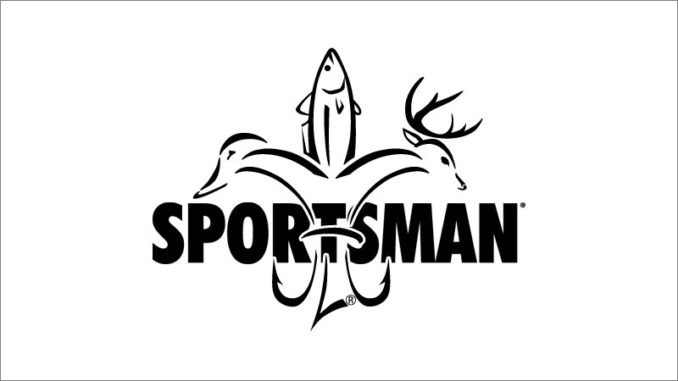
If I had a nickel for every inconsistency in public policies and strange decisions by seemingly educated people, I could retire, buy a hurricane-proof ocean-front home, and perhaps convince the wife to quit buying scratch-off lottery tickets.
One of these odd moments occurred recently when N.C. commercial netters and charter captains met with the N.C. Division of Marine Fisheries at Morehead City to complain about federal fishing regulations. That meeting prompted the N.C. Marine Fisheries Commission to craft a letter to the National Marine Fisheries Service, Atlantic States Marine Fisheries Commission, Atlantic fisheries councils and the N.C. General Assembly (which may consider sending its own letter to these groups). The letter protested policies that restrain N.C. netters and for-hire captains (or their customers) from harvesting more fish than currently are allowed.
We don’t disagree with some problems alleged by our guys, including proposed restrictions for bottom fishing based on extremely few harvest samples from Hatteras to Wilmington.
But other complaints state these federal fisheries groups don’t follow national standards set by the Magnuson-Stevens Act and states without commercial fisheries for some species jam up commercial operations in states that do have for-sale fishing. The protest letter also addresses a perceived imbalance in appointments to fishing “boards” (committees) within ASMFC.
We see this protest as the natural reaction of an industry that’s being squeezed by more people wanting to catch fish recreationally and lower profit margins. Commercial and for-hire anglers in N.C. want to survive, and they’re trying every tactic at their disposal.
But for years, they’ve dominated state fishery policies. However, migratory saltwater fish (stripers for example) don’t belong to one state, but to all states where they swim. Somebody has to look out for their interests and, long ago the Atlantic states wisely created inter-state fishery management groups. North Carolina happily joined and participated, promoting its own interests.
Now we’re told this letter also includes a threat to pull out of the ASMFC if we don’t get our way — which ultimately would result in still having to follow federal policies but with no input. And the feds could close N.C. fisheries, if we violate their harvest rules.
Cutting off our nose to spite our face? Uh, yeah.
During July, a Los Angeles federal judge barred the Navy from using high-intensity sonar tests near Hawaii that could harm marine mammals. A restraining order came three days after the Department of Defense gave the Navy a six-month pass from federal laws protecting marine species so it could test “mid-frequency active sonar.”
Our question is this: Are N.C. marine mammals less likely to be zonked by Navy undersea warfare sonar tests? The Navy wants to build a 600-square-mile sonar range off our coast, a proposal opposed by most N.C. anglers and environmentalists.
If you bagged a N.C. wild turkey this spring, you probably owe Mike Seamster a word of thanks. The WRC’s wild-turkey project leader retired July 1. During the last 19 years, Seamster oversaw the restoration of wild birds at each of N.C.’s 100 counties.




Be the first to comment